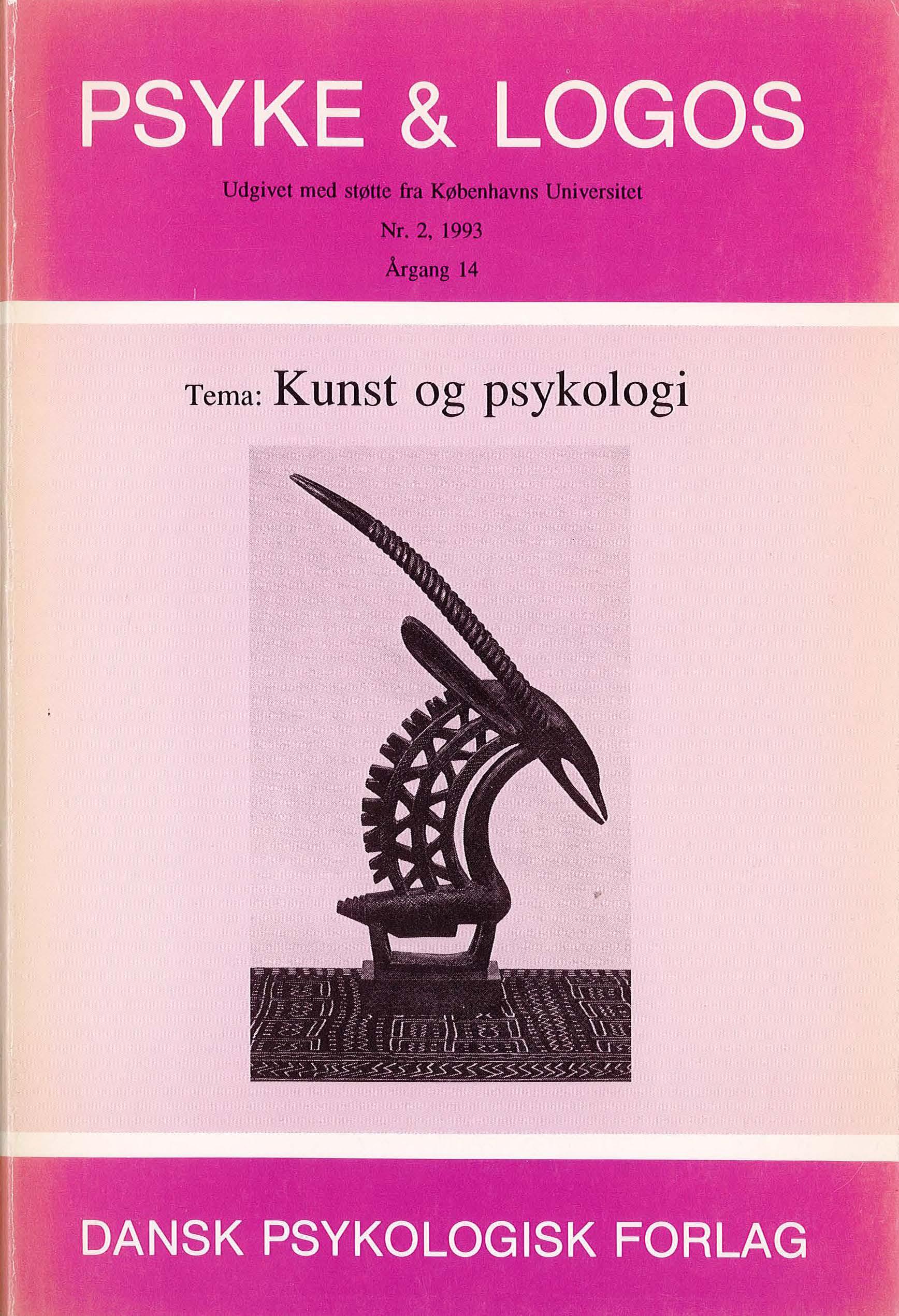Den æstetiske oplevelse
DOI:
https://doi.org/10.7146/pl.v14i2.135866Abstract
Psychological aesthetics is the discipline studying human engagement in art. Although the aesthetic experience is one of the main subjects in psychological aesthetics, it has been neglected since the inception of psychology as an independent discipline.
Recent attempts to define the aesthetic experience, including the studies by Robert Panzarella (1980), Martin S. Lindauer (1981 ), and Mihaly Csikszentmihalyi and Rick E. Robinson (1990), are reviewed as points of departure fora more differentiated
phenomenological description which is primarily based on introspective studies. The aesthetic experience as a transcendent phenomenon in connection with visual art is described as a visual unity appearing with exceptional lucidity and existential density.
Emotionally it appears with a transcendent pleasure and an emotional quality that is new to the viewer. The intentional focus of the aesthetic experience is described as »spiritually reflective,« meaning that the viewer's personality is an integrated part
of the process of perception. The phenomenology of the aesthetic experience suggests a profound psychological relationship between art and human existence.
Downloads
Published
How to Cite
Issue
Section
License
Ophavsret er tidsskriftets og forfatternes. Det er gældende praksis, at artikler publiceret i Psyke & Logos, som efterfølgende oversættes til andet sprog, af forfatteren frit kan publiceres i internationale tidsskrifter, dog således at det ved reference fremgår, at den oversatte artikel har et forlæg i en dansksproget version i Psyke & Logos. Artikler kan frit deles og linkes til på forsknings- og undervisningsnetværk (så som Blackboard). Link foretrækkes, fordi det giver oplysning om brug af tidsskriftets artikler.




